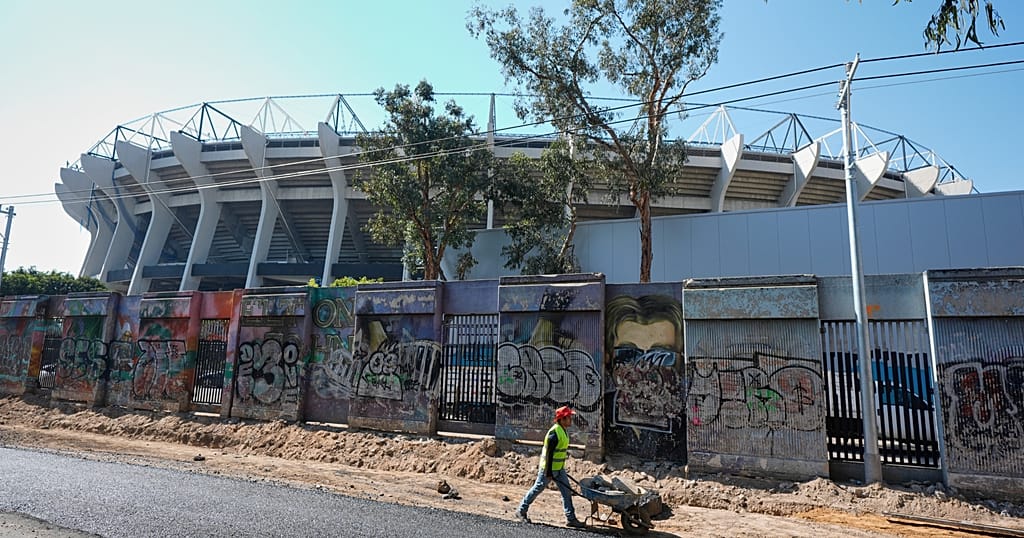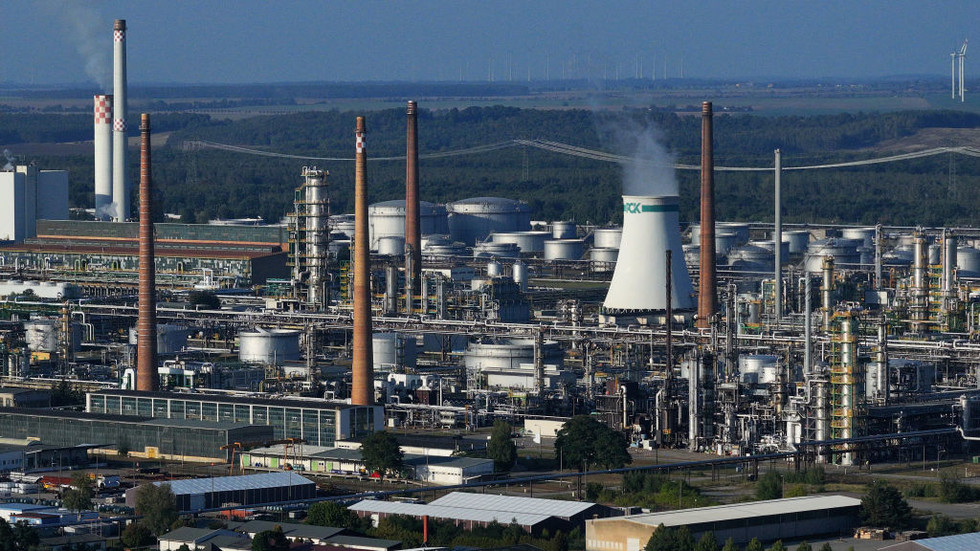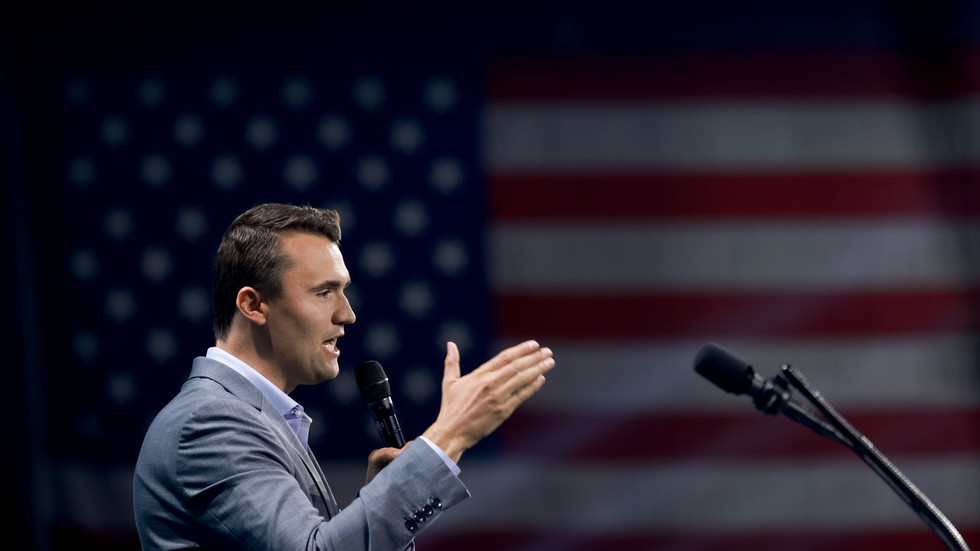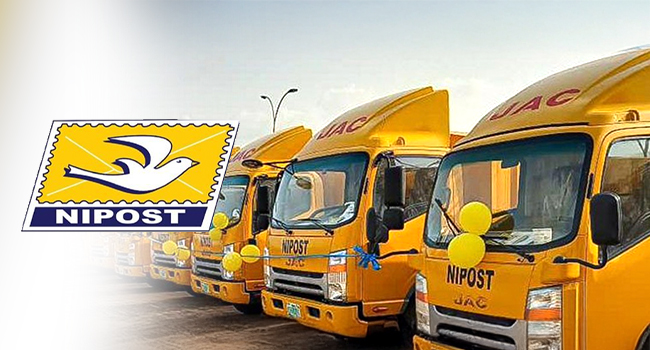Less than 20 per cent of households in Nigeria and other African countries own a computer, according to a recent report by the World Bank. The 177-page report titled ‘Digital Progress and Trends Report’ highlights the digital divide between low and high-income countries and its impact on the economy, business, and income.
The report reveals that the cost of broadband subscriptions in high and middle-income countries has remained stable since 2020 but has significantly increased in low-income countries. For instance, the median price of a fixed broadband plan in low-income countries was 50 per cent higher than in high-income countries as of 2022.
Moreover, the rising cost of smartphones poses a barrier to bridging the digital divide across different geographical populations and income groups. The report indicates that among the lowest income groups, the cheapest smartphones cost around 14 per cent of their annual income for individuals earning less than $2 per day. This has resulted in only 49 per cent of smartphone ownership in low-income countries compared to 95 per cent in high-income countries.
The report also highlights disparities in computer ownership, stating that fewer than 20 per cent of households in countries like the Kyrgyz Republic, Malawi, Mali, Mozambique, Myanmar, and Nigeria own a computer. While computer ownership is higher in other lower-income countries, it is predominantly concentrated in urban households, such as in Angola, Bhutan, or Niger.
Meanwhile, the National Bureau of Statistics (NBS) in Nigeria, citing data from the Nigerian Communications Commission (NCC), reported a 5.81 per cent increase in Internet subscriptions to 163.8 million year-on-year between 2022 and 2023.
Despite efforts to improve digital access and connectivity, the digital divide remains a significant challenge in many African countries, impacting economic growth and opportunities for individuals and businesses. As the world continues to advance technologically, addressing these disparities is crucial for creating a more inclusive and equitable digital future for all.



